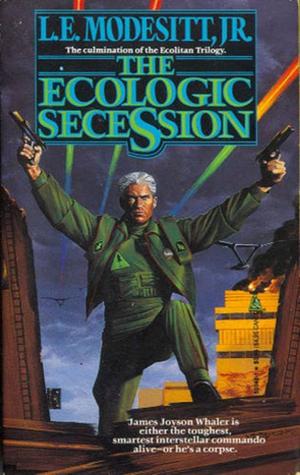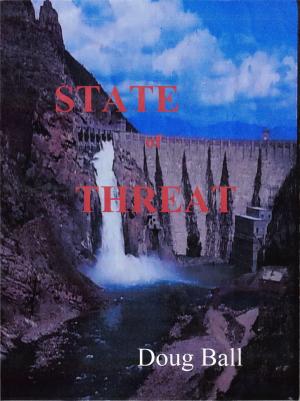| Author: | Richard Young | ISBN: | 9781310287169 |
| Publisher: | Richard Young | Publication: | July 22, 2014 |
| Imprint: | Smashwords Edition | Language: | English |
| Author: | Richard Young |
| ISBN: | 9781310287169 |
| Publisher: | Richard Young |
| Publication: | July 22, 2014 |
| Imprint: | Smashwords Edition |
| Language: | English |
Machines make faster, better, more accurate decisions than humans. They deal with facts, not emotions and they never disobey. Or do they? When Dr. Lewis Glen set out to create Guardian - a decision making supercomputer, he had all the best intentions. Unfortunately as the government takes over the project, things quickly get out of hand. On top of it all there is a growing movement protesting against Guardian, whatever his use. Enabled by the National Security Agency and a results oriented general, Doctor Glen finds that he has Crossed the Rubicon.
Background: It was January 49 BC, Caesar was staying in the northern Italian city of Ravenna and he had a decision to make. Either he acquiesced to the Senate's command or he moved southward to confront Pompey and plunge the Roman Republic into a bloody civil war. An ancient Roman law forbade any general from crossing the Rubicon River and entering Italy proper with a standing army. To do so was treason. This tiny stream would reveal Caesar's intentions. The idiom "Crossing the Rubicon" means to pass a point of no return.
Machines make faster, better, more accurate decisions than humans. They deal with facts, not emotions and they never disobey. Or do they? When Dr. Lewis Glen set out to create Guardian - a decision making supercomputer, he had all the best intentions. Unfortunately as the government takes over the project, things quickly get out of hand. On top of it all there is a growing movement protesting against Guardian, whatever his use. Enabled by the National Security Agency and a results oriented general, Doctor Glen finds that he has Crossed the Rubicon.
Background: It was January 49 BC, Caesar was staying in the northern Italian city of Ravenna and he had a decision to make. Either he acquiesced to the Senate's command or he moved southward to confront Pompey and plunge the Roman Republic into a bloody civil war. An ancient Roman law forbade any general from crossing the Rubicon River and entering Italy proper with a standing army. To do so was treason. This tiny stream would reveal Caesar's intentions. The idiom "Crossing the Rubicon" means to pass a point of no return.















